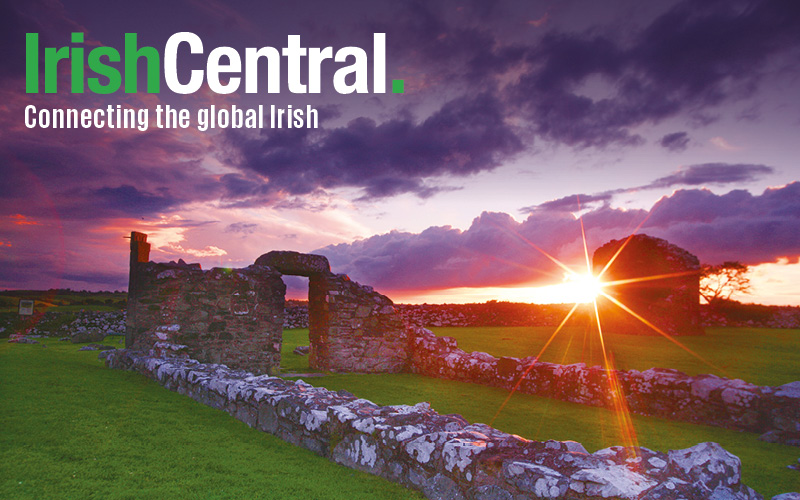Eugene Mulrooney, the grieving father of Caolan Mulrooney, a Cork engineering student found dead at the base of a 30 foot cliff last December, has made an "impassioned plea" for an "open debate" about Ireland's drinking culture.
Mulrooney's comments were made after today's inquest at Cork Coroners' Court which returned a verdict of accidental death in the tragic affair.
The body search, last December, brought about an almost unprecedented level of cooperation and volunteership from both students at the local university and other locals in the city, who searched for days to find the missing student, who was last seen outside a popular city center night club in the early hours of the morning.
The body was eventually found at the base of a thirty foot cliff, the fall from which is obscured from the front side.
Although Mulrooney expressed satisfaction that civic authorities had heeded his calls for increased signage at similar public safety danger spots, he said that it was time that Ireland addresses the question of how its young people could enjoy a "reasonable" level of alcohol without falling into the pitfalls of alcohol abuse and binge drinking, and all that goes with that.
And while it was never suggested that Mulrooney's death was brought about solely by excess alcohol intake, the family and Court acknowledged today that the drinking probably had something to do with the avid sportsman's decision to take an unusual and dangerous route home -- a route which unfortunately transversed a number of potential danger spots, including the wall which the young student fell to his death from.
The grieving father's concern for the safety of young people and alcohol is one which has been repeated by several other bodies over the past few weeks.
Ministers and health officials have periodically toyed with the idea of introducing minimum liquor prices, such as are often seen in other countries, such as Canada, but the proposal has ultimately never borne legislative fruit.
However even those staunchly against introducing minimum prices for spirits and beers will admit that the massive price difference between liquor store selections and alcohol purchased on trade creates a strong incentive for students to opt solely, or predominantly, for the former.
The ever-active alcohol charity DrinkAware has also gone on something of a PR assault in recent weeks, finding creative ways to get students thinking about the value of moderating their alcohol consumption, and educating them on the many potential health consequences of indulging on too much of it.
A students' competition has asked university undergrads to come up with a student outlining the dangers of too much alcohol, while a widely circulated press release sought to "call reality shows to account" for their glorification of binge drinking and alcoholic irresponsibility.
But the campaign I'm most fond of is their latest one advocating for a more 'moderate' drinking style among Irish youth.
The campaign asserts that Irish people need to 'slow down' -- rather than cut out -- their consumption of alcohol.
As a one-time hobbyist home-brewer and long-time beer fan this ticks a lot of boxes in my mind, and might do something to highlight the fact that young people are often simply being priced out of the pleasure of enjoying alcohol and coerced, by societal pressure and the prompting of friends, to abuse it instead.
The ubiquitous €4 ($5) 200ml vodka measures do nothing to change this situation, but a fact the Drinkaware campaign neglects to mention is that the equally prevalent €5 ($6.50) on-trade pints of beer don't either.
For students, and those on lower incomes, this often creates an only somewhat false belief that the only way to enjoy a few drinks is to do so at home, and besides the negative effect this has on the once booming Irish pub scene, often also encourages those who go down that route to consume the majority of their alcohol in a home setting, where there's no or little stigma to indulging in too much, and no friendly barman to gently tell you when you've had enough.
There's more to Ireland's drinking epidemic than can be summarized in that, of course, but it does irk me slightly when otherwise commendable campaigns such as Drinkaware's seem to gloss over the fact that the sort of leisurely pub drinking being promoted - and for which Ireland was once famous - is now a rather more expensive pursuit for those struggling to get by in straitened times such as these.
Nevertheless it's good to see that kind of message coming out from the drink charity, and a definite sign in the right direction from Ireland's often precarious relationship with 'drink'.




Comments